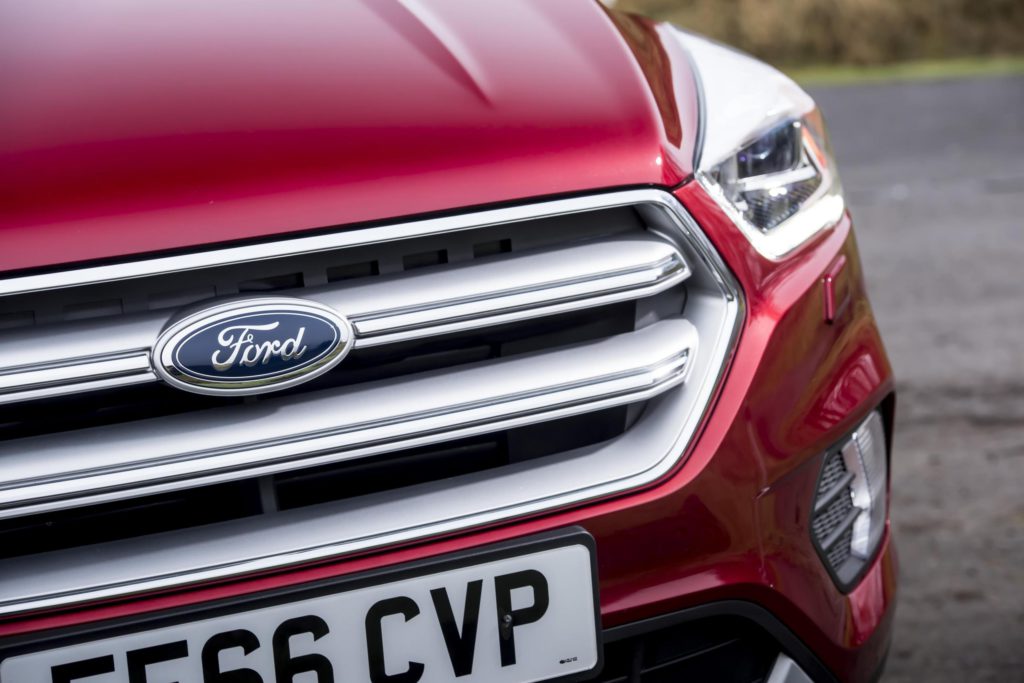Ford set to move money from traditional engine development for EV and autonomous programs
04 October 2017

04 October 2017
Ford has become the latest vehicle manufacturer to announce that it is diverting investment from elsewhere in the business to fund electric vehicle (EV) development and self-driving cars.
New chief executive Jim Hackett has discussed the company’s ′strategy update’ at an event in New York. Ford has been dogged by claims that the company is slow in preparing for a future that will be dominated by electric and shared autonomous vehicles. Hackett was appointed in May 2017, taking over the role from Mark Fields, with a clear remit to take the company forward into the future.
Hackett said that Ford would be cutting capital expenditure on internal combustion engines by a third, redeploying that capital into electrification, on top of $4.5 billion (€3.8 billion) the company has already planned to spend on electric cars. He did not give a precise figure on the amount this would add up to.
In addition, the Detroit car maker will reallocate $7 billion (€6 billion) of capital from cars to more profitable SUVs and trucks, a move which is likely to lead to the elimination of some car models, but Ford did not identify any nameplates that would disappear. Some jobs are likely to be lost and some factories could close, according to sources close to the company. The company will also cut automotive cost by 50% through 2022, including saving $14 billion (€12 billion) by using common parts across all vehicles.
Hackett was previously head of Ford’s Smart Mobility division and is seen as someone who can steer the company to the future of motoring, which predominantly looks like one full of zero-emission autonomous ride-sharing. However, Ford will focus not just on self-driving cars for ride hailing, as many rivals are doing, but for moving goods and service delivery as well.
Established automakers are having to look at various ways to play catch-up with new players, such as Tesla, when it comes to building EVs. Following the Dieselgate scandal, the market for the fuel has collapsed, with companies caught almost unawares. While German manufacturers are planning a raft of new models with some moving money from other developments, and Volvo having announced it will be ending production of traditional engine models by 2019, there has been little announcement about Ford’s plans until now.
Moving money away from traditional engines highlights how the manufacturer now feels about the future of motoring. The company had invested in small, turbocharged petrol engines – its EcoBoost range – in order to offer more efficient motoring. However development of these engines, which are featured in everything from its smaller Fiesta models to the performance Mustang and GT, is likely to be reined in as electrification becomes a priority.
In 2016, Ford said it would bring 13 electrified models to market by 2020. However, in an example of its perceived lagging behind other manufacturers, fellow US car maker GM recently announced it would have 20 fully electric models by 2023, while Volkswagen will bring 80 EVs to sales rooms by 2025.
Photograph courtesy of Ford